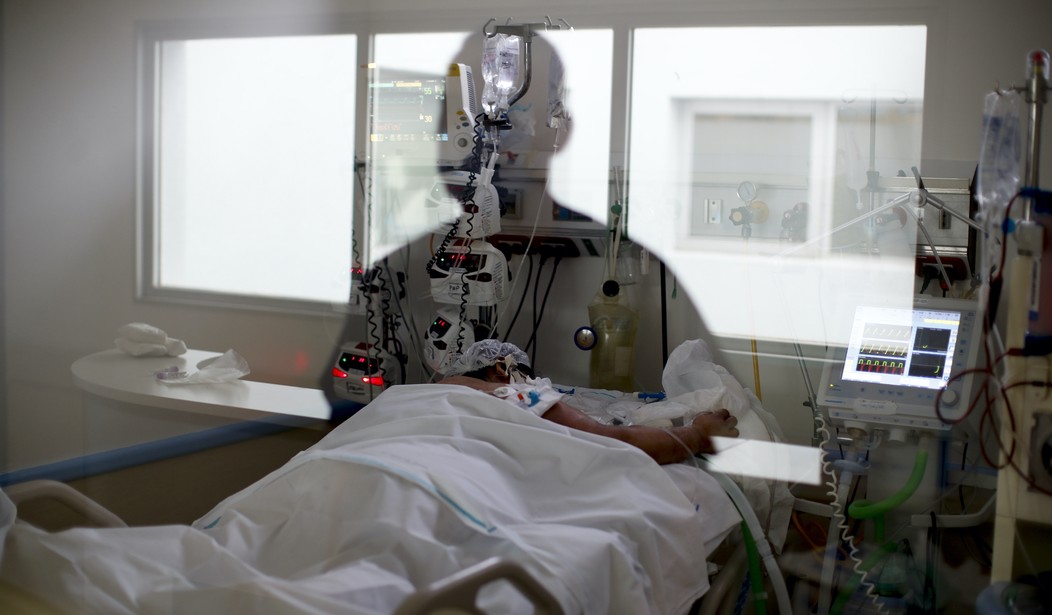As I jumped online this morning to see what was worthy of a write-up, I was greeted by a headline from The New York Post that caught my eye. According to the Post, a college student died from “COVID complications” after he had apparently “resisted” the vaccine, and we know how bad that makes a person.
Here’s what that looked like.
College student dies from COVID complications after resisting vaccine https://t.co/ZicjfNOXqA pic.twitter.com/uyJMeJCPgv
— New York Post (@nypost) September 30, 2021
Upon seeing the headline, my obvious question was “is this true?” I opened up the Post’s link and found precious little details, with the article essentially making it seem as if he just got really sick from COVID and passed away. I thought that was odd, though. What complications? Why did he die from them? Sure enough, some googling offered more insight into what had actually happened to the student.
This per Raleigh News & Observer.
Over the three weeks after Gilreath tested positive for COVID-19, he was “extremely sick,” his mother said, running a 102 degree fever and experiencing nausea and other symptoms. Around Sept. 7, his fever and other major symptoms had mostly abated, and he had tested negative for the coronavirus.
“We thought he was over it, pretty much,” Demello said.
Still, he had headaches, and his feelings of lethargy seemed to be “leftover effects of COVID,” she said.
When he went to the doctor’s office, however, Gilreath found out he had a sinus infection. It was a few days before he could get a prescription for oral antibiotics filled and start taking the medicine. By that point, the infection had combined with a staph infection and had started to move toward his brain, Demello said.
Gilreath actually survived COVID, got better, and even tested negative. It was in the weeks after that the student unknowingly (at first) developed a sinus infection that combined with a staph infection, which is what ultimately killed him. Had he gone to the doctor sooner for his symptoms to get antibiotics, he almost certainly would be alive today.
And look, I’m not here to criticize the parents for blaming this on not getting the vaccine, but the vaccine doesn’t stop staph infections. There is no evidence the staph came from his prior COVID infection somehow. Rather, the timeline shows he got sick in the weeks after, brushed it off as lingering COVID, and didn’t get the help he needed.
The broader point I’m trying to make here is that it is dangerous to continually chalk up post-COVID symptoms to “long-COVID,” when there is no actual correlation shown. If someone had COVID and then feels sick in the weeks after, they should go get treated for whatever illness they have. Blaming it on “long-COVID” has become a convenient media talking point that pushes their vaccine narrative, but it also lulls people to sleep to ignore more serious illnesses they may be suffering from, perhaps related or perhaps not, in the name of making everything about COVID.
In short, just be honest with people about what is proven and what’s not. As RedState reported some weeks ago, a recent study of “long-COVID” in children showed that the non-infected control group showed more symptoms than the infected group. What that points to is that people who are getting sick after COVID are just getting sick in the same way people have always gotten sick.
It is imperative the press doesn’t convince people that every post-COVID illness is a result of lingering COVID. Other illnesses exist, and they need proper treatment.















Join the conversation as a VIP Member